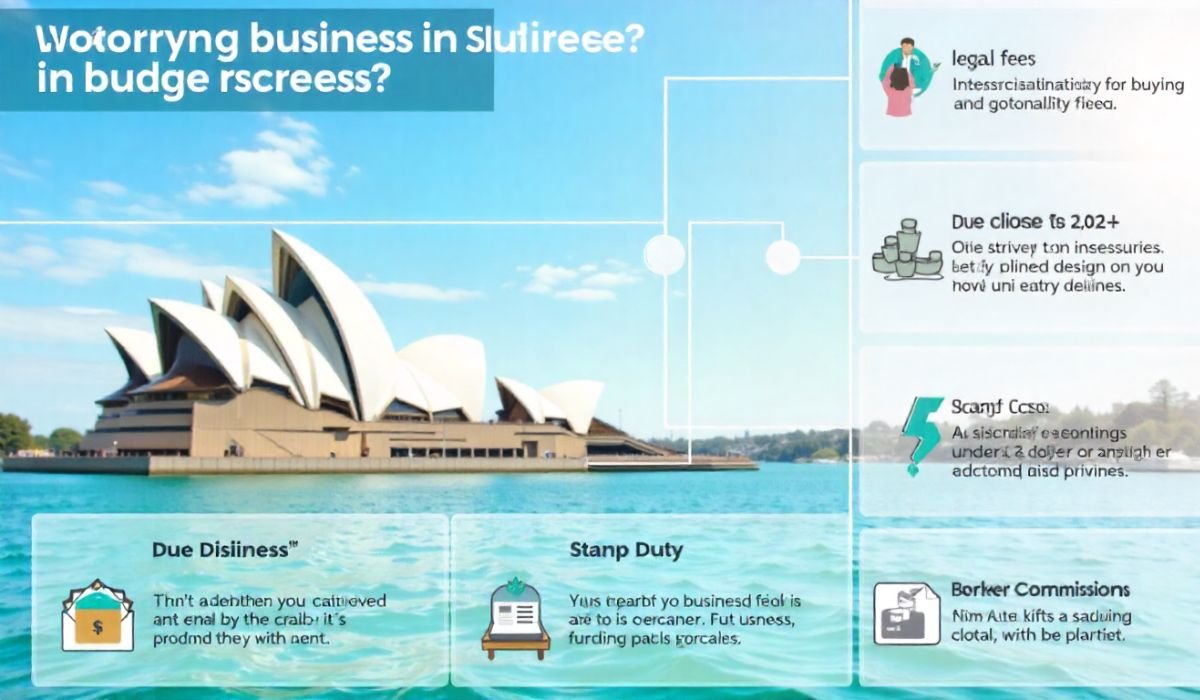After weeks of searching, you have the perfect business in your sights, the price is set, and you’re on the verge of taking control of your future. But here’s a truth every buyer must know: the sticker price is just the beginning. The journey to ownership includes a series of extra costs, from legal fees to working capital.
In fact, experts agree you should always budget beyond the purchase price. Adding an extra 10-20% cushions you against the hidden costs that can otherwise catch you off guard.
This guide is your roadmap through that landscape. It is designed to illuminate every hidden fee and prepare you for the true investment. This clarity empowers you to start your new venture with total confidence from day one.
The “Obvious” Cost: Business Purchase Price
The first figure every buyer considers is the purchase price. It is often the focus of negotiations and can sometimes be adjusted to reach common ground between buyer and seller. Yet, whether you are looking at a bakery business for sale or a large franchise, this cost is only the beginning. Other fees are less flexible and can significantly shape the true investment required.
Beyond the Sticker Price: A Breakdown of Essential Acquisition Fees
Legal & Professional Fees: Your Expert Team
- Your Solicitor: Think of them as the people who keep you safe. They dig into the fine print, spot risks you might miss, and make sure the business is legally yours without future problems.
- Your Accountant: This is your financial guardian. They make sure the seller’s numbers are real, advise on the smartest tax setup, and help you calculate exactly how much cash you’ll need to run the place.
- The Business Broker: A quick note on the broker. The seller pays their fee, but that cost is almost always baked into the asking price. It’s good information to have in your back pocket when you negotiate.
Government & Regulatory Costs: The Non-Negotiables
- Stamp Duty: When you buy a business, you pay a state-based stamp duty on its assets. The rules and rates vary hugely, so you absolutely need local advice on this.
- ASIC Fees: If you’re starting a new company to run your business, you’ll need to pay the standard registration fee to the Australian Securities and Investments Commission (ASIC). It’s a routine step in getting everything officially up and running.
- Licenses & Permits: Don’t forget you need the right permissions to operate. Whether it’s a food licence for a bakery or a liquor licence for a bar, you have to budget for the cost of getting these switched over to your name or applying for new ones.
Lease & Property Expenses: Securing Your Location
- Lease Transfer Fees: The landlord will usually charge a fee to cover their legal costs for signing off on you as the new tenant and getting the paperwork sorted.
- Security Bond: You’ll almost certainly have to pay a security bond. This is often a hefty sum. You will usually need between three and six months’ rent ready upfront.
- Fit-Out & Refurbishment: Think ahead to the updates you would like to do right away. Small improvements, such as repainting or putting up new signs, can quickly make the space feel like it belongs to you.
Transition & Operational Capital: Hitting the Ground Running
- Working Capital: This is your survival fund. It’s the cash you need to pay staff, buy stock, and cover bills before the business’s own revenue can take over. Underestimating this is a classic, and often fatal, pitfall.
- Staff Entitlements: Here’s a big one that catches people out. You inherit the seller’s obligation for their staff’s accrued holiday and long service leave. This is a real debt that must be calculated and factored into your budget.
- Insurance: The seller’s policy won’t cover you. You need your own insurance in place from the moment you take over, including public liability and workers’ compensation.
Hidden Costs & Contingencies: Planning for the Unexpected
- Technology and Software: Factor in the fees to transfer the software subscriptions that run the business. You might also need to upgrade some outdated hardware that’s on its last legs.
- Marketing and Rebranding: You’ll want to let everyone know you’re the new owner. Set aside some cash for a new website, updated signs, or a small campaign announcing the change.
- Contingency Fund: This is your rainy-day fund. It’s wise to have a financial buffer, around 10-20% of the total cost, to handle any surprises without causing a panic.
Clarity is Your Best Investment.
Here’s the deal: the asking price is just your entry ticket. To truly own the business, you need to account for legal advice, government fees, and the cash to operate from day one. Planning for these extras with a good team behind you separates a smooth start from a stressful one.
You may also like: Why Your Business Needs a PIM Implementation Consultant in 2025











